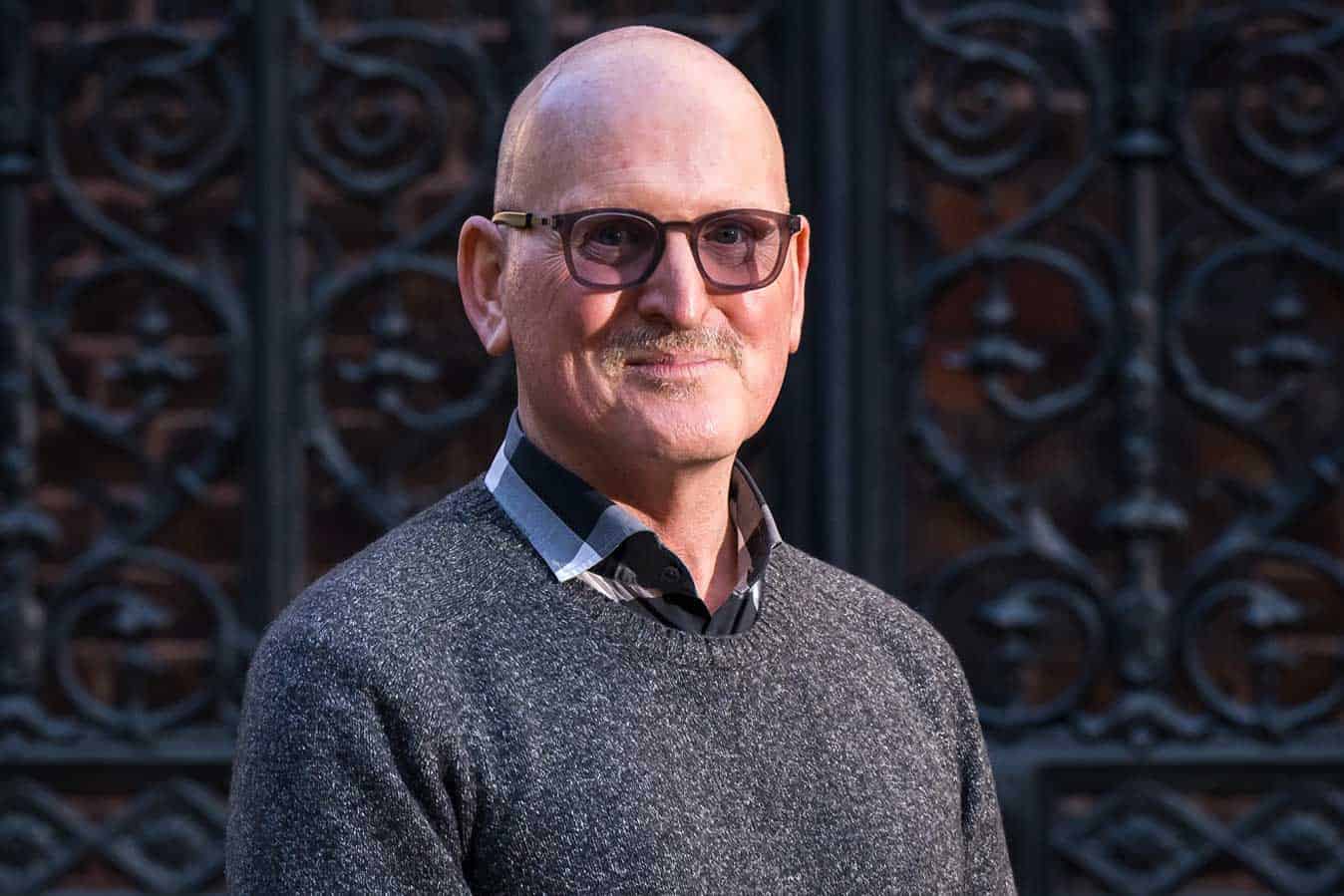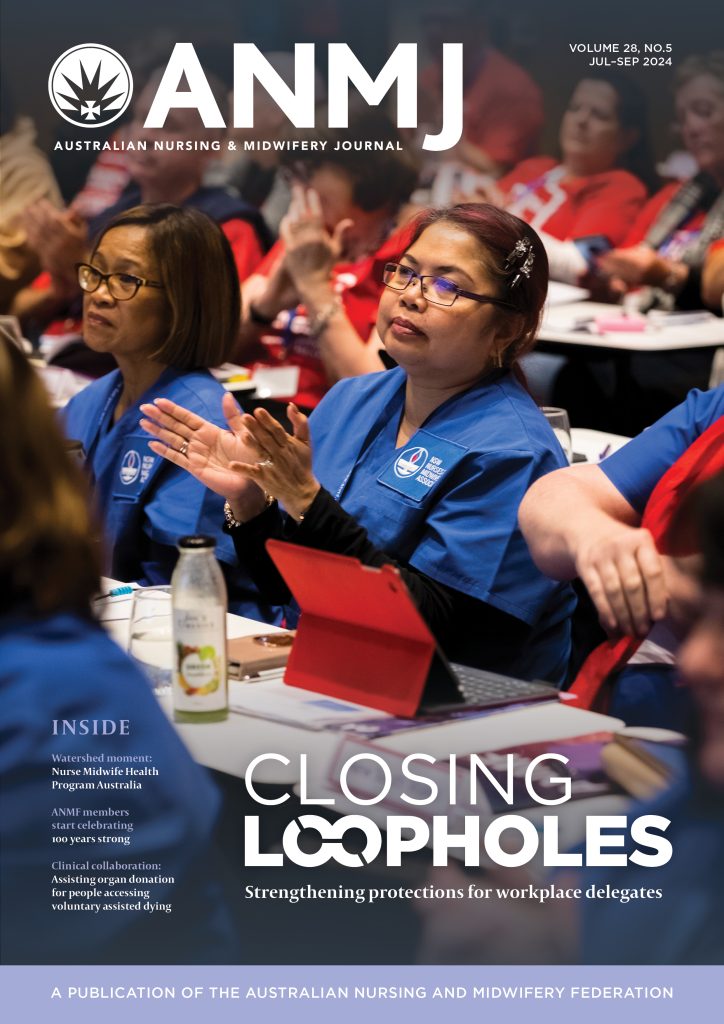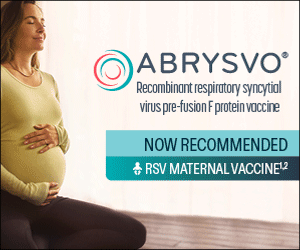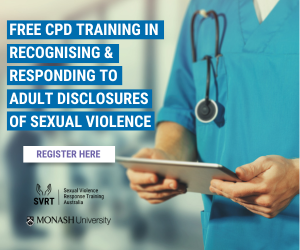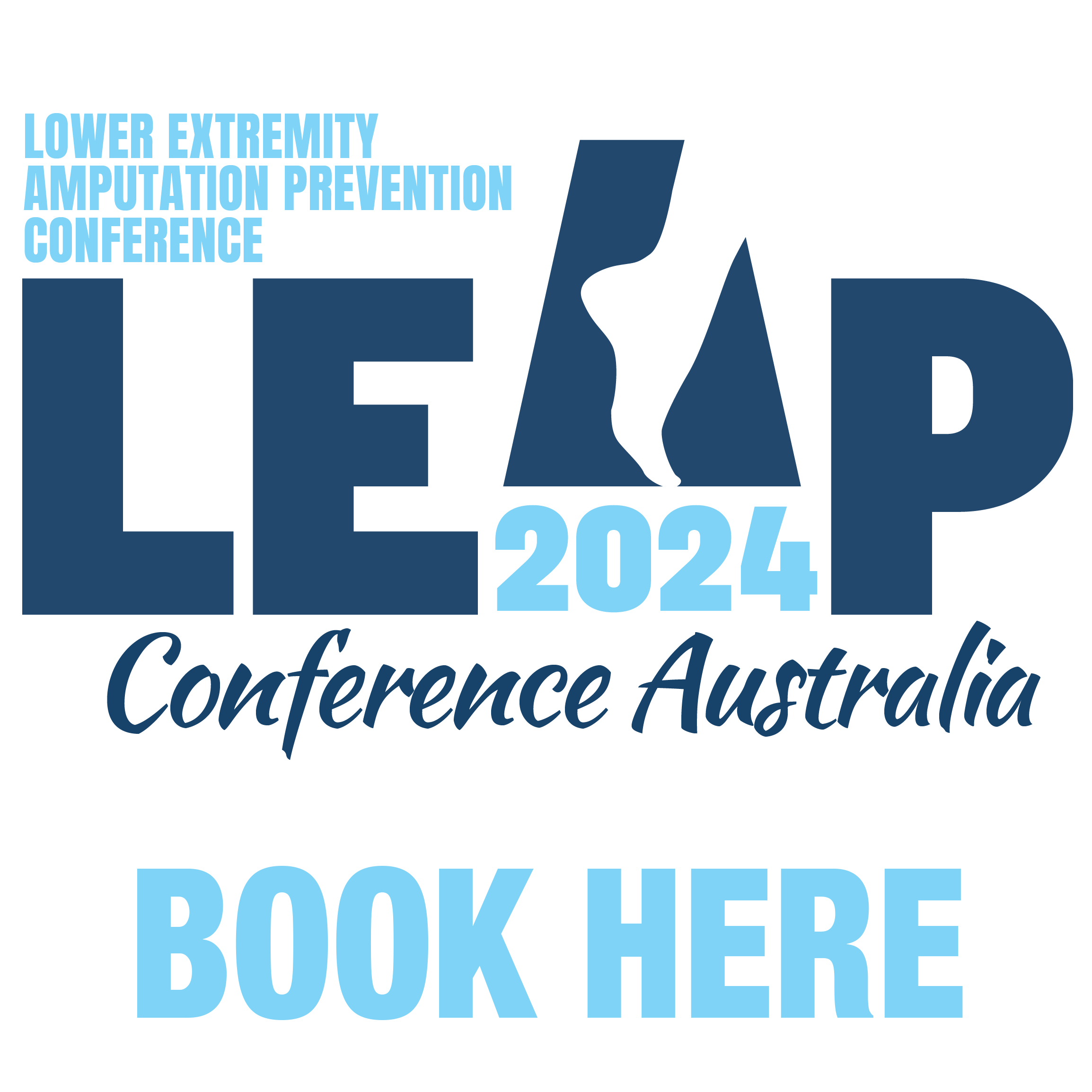“Let’s take care of ourselves and each other”, says Mark Aitken, Deputy Director of Australia’s new national health and wellbeing service for nurses, midwives and students.
“In nursing and midwifery, we’re all in this together and we need to keep asking each other how we’re going.
“When you’re in the service and care of other people, often you’re not wired or very good at putting your own needs or your own self-care first.”
Mark is on a mission to foster a like-minded community to help create a culture of compassion within the nursing and midwifery professions – and is looking for people willing to share their stories and/or become an ambassador for the new service.
A culmination of diverse career and life experiences led Mark to the role of Deputy Director at the National Nurse and Midwife Health Service (NNMHS) which is officially in implementation stage and will launch in early 2024.
Until July this year, Mark had been Stakeholder Engagement Manager at Nurse and Midwife Support, the 24/7 telephone support service for nurses and midwives since 2017; and Deputy Director of the Nursing and Midwifery Health Program Victoria (NMHPV).
“I’ve been able to give back to my profession which is a real privilege and has been quite humbling,” he says.
The NNMHS – a service designed by nurses and midwives, delivered by nurses and midwives – offers free, confidential, and independent support for a broad range of sensitive health and wellbeing challenges.
After years of lobbying by the ANMF, together with recognition of the additional burden on nurses and midwives during the pandemic, the federal government announced in the 2022-2023 Budget funding of $25.2 million to establish and deliver the NNMHS.
The case-managed service is important, timely and necessary, and will be complementary to existing support services for nurses and midwives, including Nurse and Midwife Support, NMHPV and employee-assistance programs (EAPs).
“This will give nurses and midwives high level support for the many complex health issues they may experience,” says Mark.
This includes alcohol and other drug misuse, mental health issues, stress, burnout, workplace bullying and harassment, domestic violence, and ongoing challenges post COVID.
While no nurse, midwife or student should experience burnout, unfortunately many do, says Mark who has lived experience of burnout.
“Burnout is not just having a bad day, its work-related stress that may have a cumulative unwanted effect over time.
“I’m always concerned about nurses and midwives experiencing burnout, including early career nurses and midwife students and graduates who often struggle and are at risk of experiencing burnout. I think if we support them early on then we can set them up to be better prepared and better able to deal with some of the challenges they will face.”
Mark started out at the Royal Melbourne Hospital when training was hospital-based. He completed a Bachelor of Arts at Melbourne University and worked as an orderly while studying. In 1984, he started alongside 74 female 18-year-olds as a 21-year-old and the only male nursing student.
It was on his second rotation as a student that Mark met his first mentor in nursing, someone he is still in regular contact with today.
“This is someone I could go to with anything I was concerned about. I gained a real understanding of the importance of mentors and having that support either through formal or informal processes. It gives you permission to be vulnerable and curious and ask lots of questions.”
It was an interesting time to be nursing in Victoria with the industrial action taken by nurses and midwives in ‘85-‘86 with Irene Bolger at the helm of the ANMF.
“It was a pivotal time – nurses and midwives fighting for better career structure, better recognition of the profession and better remuneration,” says Mark.
Following this period, it was a case of being the right time and the right place with Mark becoming Associate Nurse Unit Manager of a high acuity vascular/general surgical ward.
“I developed very good assessment skills but realised I needed more advanced skills so I got into St Vincent’s Hospital’s critical care course where I did emergency, cardiothoracic, and ICU/CCU.”
It was while working in the ICU that Mark experienced burnout as a result of his work. He says at that time he didn’t have the language to describe what he was feeling and name it as burnout.
“I just knew that I wasn’t OK. Exposure to multiple deaths and trauma, a high stress work environment, unpredictable unrealistic workloads, lack of adequate resources and physical and emotional exhaustion had depleted me.
“No one talked about burnout. It was just ‘you’re not your happy self, Mark’. I remember a pastoral person saying to me: ‘How are you Mark?” after someone had died. I said: ‘I am really tired and sad.’ It was the first time someone had asked me that. There is incredible value in talking and asking someone what is going on.”
It was after one Sunday night shift in charge with five agency staff that brought it all to a head for Mark.
“I thought ‘I can’t do this anymore’. I resigned that morning. I remember walking past a jewellery shop on the way home and thinking I could do that – go work in a jewellery shop. That looks like a fun job.”
The great sadness, he reflects, was around a perceived lack of support which had left him wanting to leave the profession he loved.
“Fortunately, I got the support I needed, studied counselling and made a commitment to do all I could to support other nurses and midwives at risk of burnout.”
Mark went on to work on an AIDs telephone counselling support service, the Melbourne Sexual Health Centre, and spent 15 years as a Director of Nursing in aged care. Diversity which has all led to where he is now.
“What I like to communicate with others is that my constant is that I have always been a nurse. Find your place. If you don’t like what you’re doing, there are so many other areas of nursing you can try. If you’re stuck and can’t see the future – reach out and work through the process with us to help you find hope and opportunity.”
Mark says the new service, when it opens its doors in 2024, offers care and support for nurses and midwives experiencing sensitive issues in a welcoming, compassionate and non‐judgmental environment ‐ providing a safe place to connect and heal.
“What we’re really keen to reinforce with the service, is that if you’re feeling not great about life, or yourself, or your work, then really connect and tap into that feeling. Honour it, own it and do something about it.”
Share your story
The NNMHS is looking for contributors to share their stories, insights, experiences or self-care tips for the new website currently in development.
“It’s a very individual experience for each nurse, midwife and student who goes through any complex health issue. I think that shared stories really support other people who might be going through a similar experience,” says Mark.



